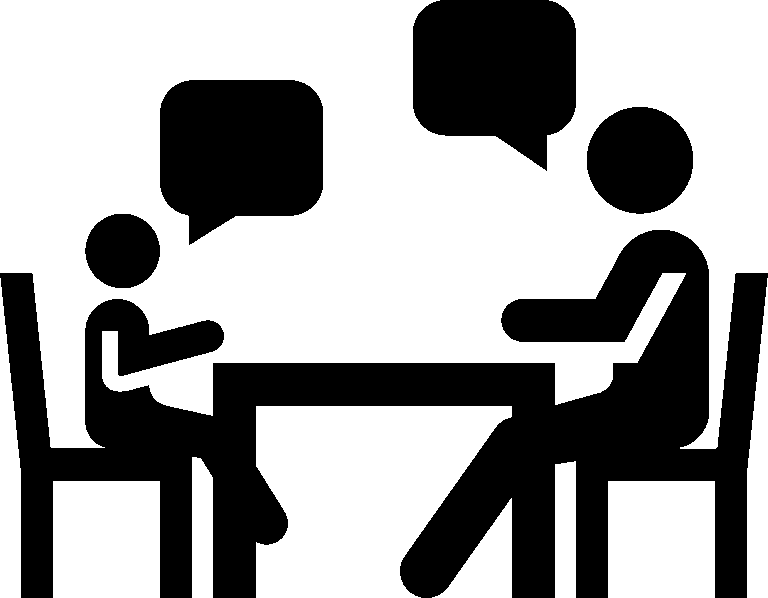
Psychotherapy is a structured and professional interaction between a trained therapist and a client, aimed at addressing emotional distress, mental health disorders, and psychological challenges. It involves various techniques based on psychological theories and research to help individuals cope with difficulties, develop self-awareness, and improve their overall well-being. In an age where mental health is gaining recognition, psychotherapy plays a vital role in helping individuals lead healthier and more fulfilling lives. You can even get online psychotherapy USA from the comfort of your home.
The Goals of Psychotherapy
The primary objective of psychotherapy is to help individuals understand and manage their emotions, thoughts, and behaviors in a constructive manner. The specific goals may vary depending on the person’s needs but often include:
- Reducing Symptoms of Mental Disorders – Many individuals seek therapy to manage conditions such as depression, anxiety, post-traumatic stress disorder (PTSD), or obsessive-compulsive disorder (OCD).
- Enhancing Coping Skills – Therapy provides individuals with strategies to cope with life’s challenges, stress, and interpersonal conflicts.
- Promoting Self-Understanding – Through self-exploration, individuals gain insight into their thoughts, emotions, and behaviors.
- Improving Relationships – Therapy can help improve communication skills and relationship dynamics.
- Facilitating Personal Growth – Beyond mental illness, psychotherapy helps individuals achieve personal development and life satisfaction.
Types of Psychotherapy
Psychotherapy can be categorized into several approaches, each with unique techniques and theoretical foundations:
1. Cognitive-Behavioral Therapy (CBT)
CBT is one of the most widely used therapeutic approaches. It focuses on identifying and modifying negative thought patterns and behaviors that contribute to mental health problems. CBT is evidence-based and effective for treating anxiety, depression, and various other disorders.
2. Psychoanalysis and Psychodynamic Therapy
Developed by Sigmund Freud, psychoanalysis seeks to uncover unconscious conflicts that influence thoughts and behaviors. Psychodynamic therapy, a modern adaptation, emphasizes self-awareness and understanding past experiences to resolve present issues.
3. Humanistic Therapy
This approach, including Person-Centered Therapy (Carl Rogers) and Gestalt Therapy, focuses on self-growth and self-actualization. It encourages individuals to explore their feelings in a non-judgmental environment and emphasizes personal responsibility and authenticity.
4. Behavioral Therapy
Behavioral therapy is rooted in the idea that behavior is learned and, therefore, can be unlearned. Techniques such as exposure therapy and systematic desensitization help individuals confront fears and change maladaptive behaviors.
5. Interpersonal Therapy (IPT)
IPT focuses on improving interpersonal relationships and communication skills. It is particularly effective for treating depression and social anxiety disorders by addressing relational conflicts and role transitions.
6. Mindfulness-Based Therapies
These therapies, such as Mindfulness-Based Stress Reduction (MBSR) and Mindfulness-Based Cognitive Therapy (MBCT), integrate mindfulness practices to enhance emotional regulation and reduce stress.
7. Group Therapy
Group therapy involves multiple participants and provides a supportive environment where individuals can share experiences and learn from each other. It is beneficial for conditions such as substance abuse, grief, and social anxiety.
8. Family and Couples Therapy
These therapies focus on relationship dynamics, addressing conflicts between family members or partners to improve understanding and support within the unit.
The Process of Psychotherapy
Psychotherapy typically follows a structured process that includes assessment, goal setting, treatment, and evaluation. A typical therapeutic journey includes:
- Initial Assessment – The therapist gathers information about the client’s history, concerns, and goals.
- Treatment Planning – A collaborative plan is developed to address the client’s needs and desired outcomes.
- Intervention – The therapist applies appropriate therapeutic techniques based on the chosen approach.
- Evaluation and Termination – Progress is reviewed, and therapy is concluded when goals are achieved, with follow-up sessions if necessary.
The Role of the Therapist
A therapist plays a crucial role in providing support, guidance, and a safe environment for clients to explore their emotions. Key qualities of an effective therapist include empathy, active listening, non-judgmental attitude, and adaptability to the client’s needs. Therapists are trained professionals who follow ethical guidelines to ensure confidentiality and professional integrity.
Benefits and Challenges of Psychotherapy
Benefits:
- Enhances emotional and psychological well-being.
- Provides coping mechanisms for stress and mental health issues.
- Improves communication and relationship skills.
- Increases self-awareness and self-esteem.
- Helps in overcoming past trauma and unresolved issues.
Challenges:
- Requires commitment and active participation from the client.
- May involve emotional discomfort when confronting difficult issues.
- Finding the right therapist and therapeutic approach can take time.
- Cost and accessibility can be barriers for some individuals.
Psychotherapy is a vital tool in promoting mental health and emotional well-being. With various approaches tailored to individual needs, it provides a safe space for self-exploration, healing, and growth. As society continues to acknowledge the importance of mental health, psychotherapy remains a crucial resource for those seeking to improve their quality of life. Whether addressing mental illness, life challenges, or personal development, psychotherapy offers invaluable support and guidance for individuals striving for psychological well-being.




